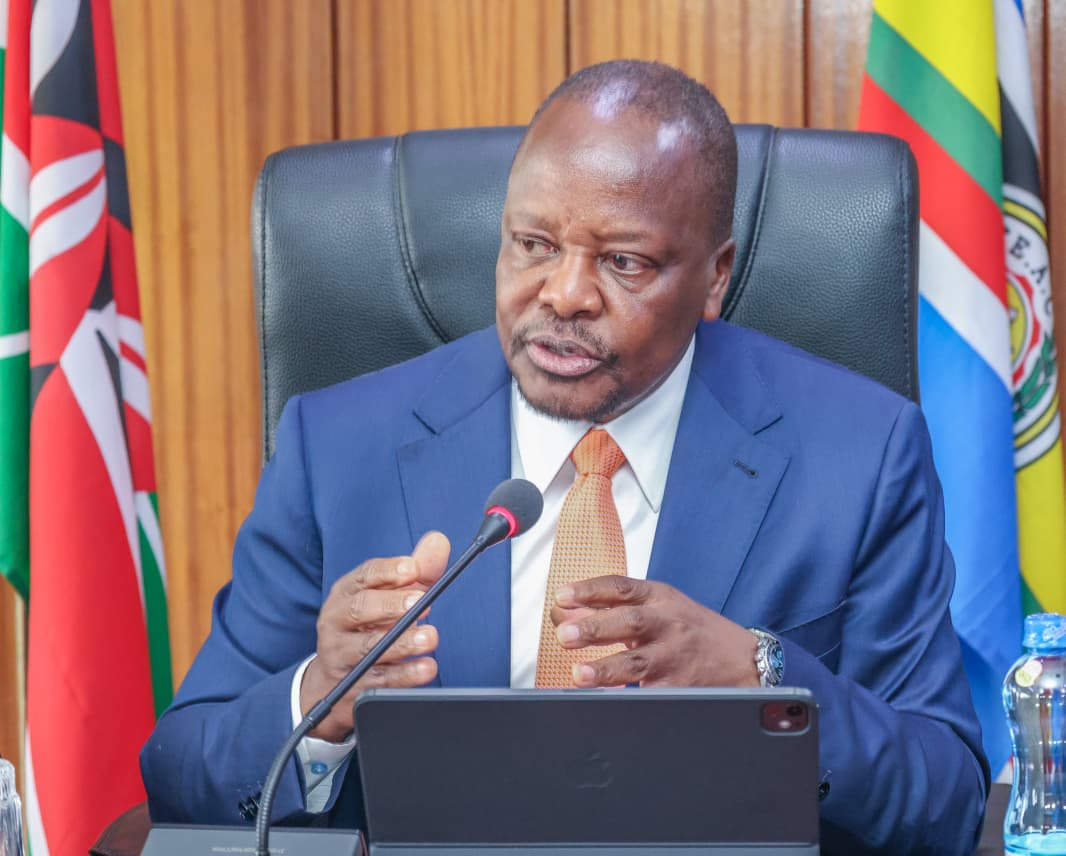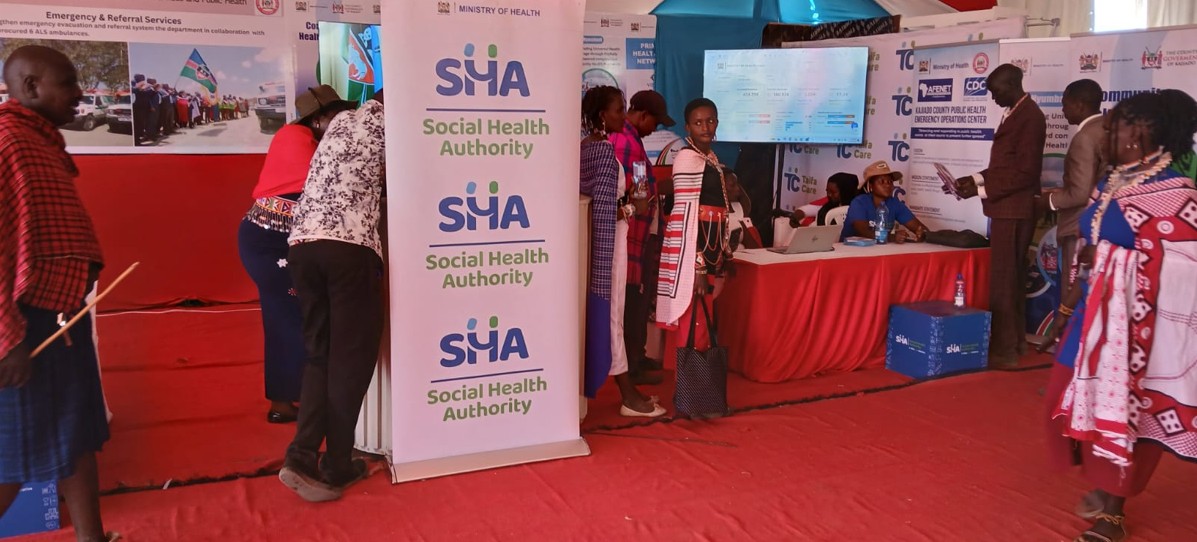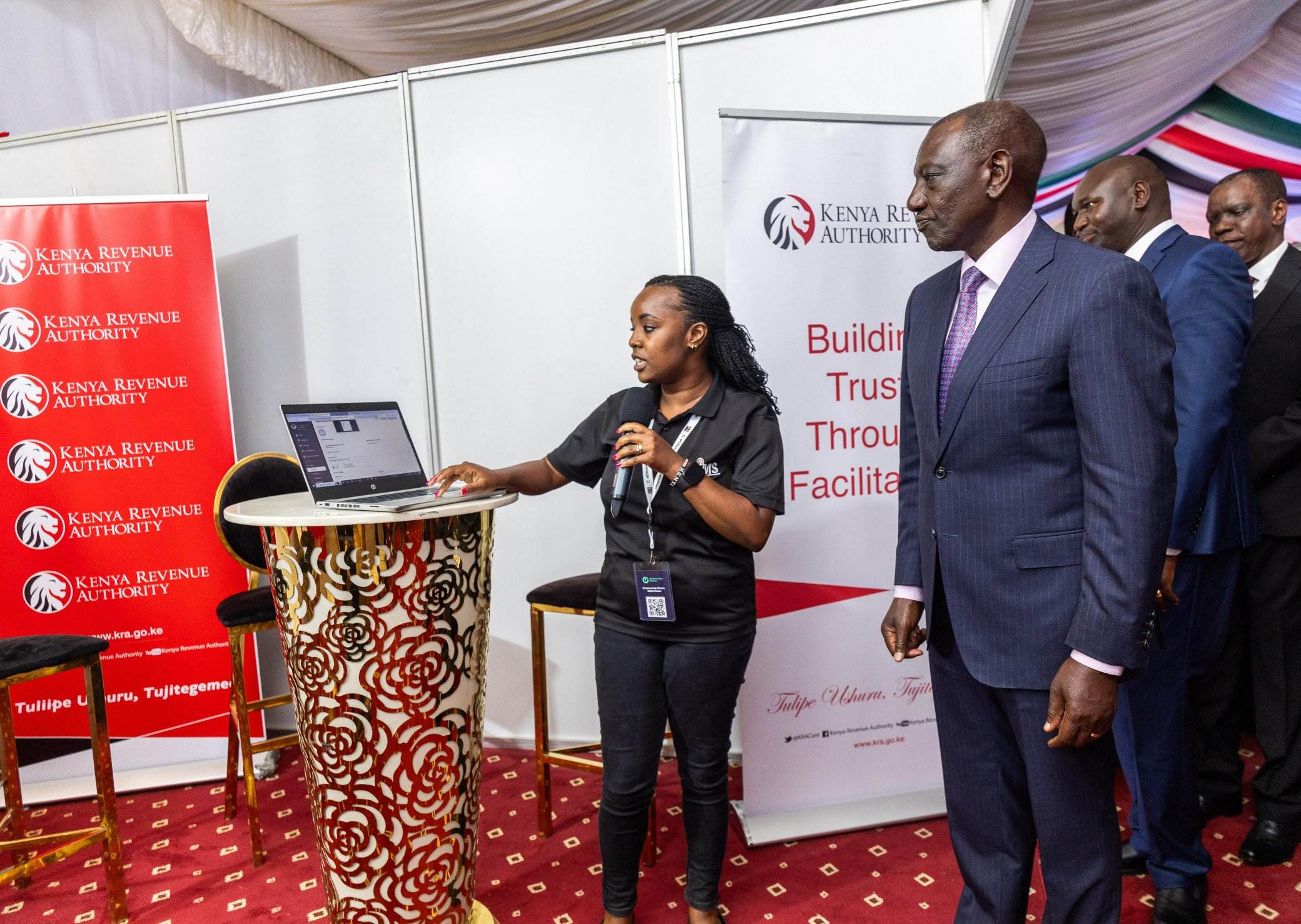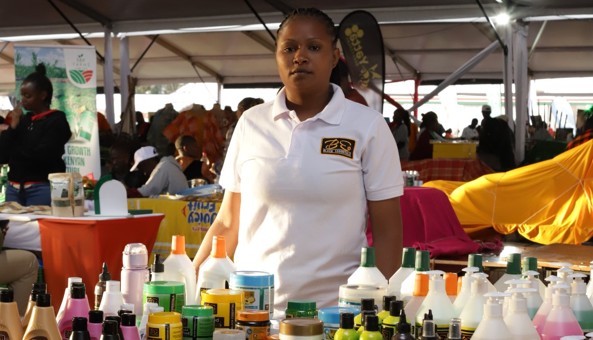UK, African researchers join forces in Sh1.4 billion battle against bilharzia

According to the World Health Organisation (WHO), the disease is endemic in 78 countries, with more than 90 percent of cases occurring in sub-Saharan Africa.
A new global initiative to fight schistosomiasis, a tropical disease affecting around 240 million people worldwide, has been co-launched by the University of Surrey, with partners in Africa and the United Kingdom.
The £8.1 million (Sh1.4 billion) project, funded by the Wellcome Trust, aims to uncover why decades of mass drug administration have failed to eliminate the disease and to recommend stronger measures for long-term control.
Researchers, the BBC reports, hope their findings will accelerate global efforts to eradicate schistosomiasis, which remains one of the most persistent parasitic diseases.
More To Read
- Malaria: Drug resistance and underfunding threaten progress towards eliminating killer disease
- Sudan’s crisis deepens with communities trapped in ‘siege conditions’
- Adult obesity treatment enters new era with WHO-endorsed GLP-1 drugs
- Flu shots: how scientists around the world cooperate to choose the strains to vaccinate against each year
- Study flags stark inequities in global epilepsy care, medication
- WHO warns of measles resurgence as vaccine gaps widen
Schistosomiasis, also known as bilharzia, is caused by parasitic worms transmitted through freshwater snails.
According to the World Health Organisation (WHO), the disease is endemic in 78 countries, with more than 90 per cent of cases occurring in sub-Saharan Africa.
Infected people can suffer from chronic anaemia, stunted growth, learning difficulties, organ damage and, in severe cases, death.
"People become infected when larval forms of the parasite - released by freshwater snails - penetrate the skin during contact with infested water," said WHO.
"Transmission occurs when people suffering from schistosomiasis contaminate freshwater sources with faeces or urine containing parasite eggs, which hatch in water."
Despite decades of large-scale treatment campaigns using the drug praziquantel, the disease continues to thrive in poor, rural communities with limited access to clean water and sanitation.
Dr Joaquin Prada, senior lecturer in epidemiology at the University of Surrey and co-lead of the project, expressed optimism about the initiative.
"We have an amazing international team," she said, adding that partners include experts from Cameroon, Côte d'Ivoire, Malawi and the UK.
According to Professor Poppy Lamberton, study lead from the University of Glasgow, the findings from the project will be shared with other affected countries as well as with the WHO.
The initiative will combine field data with advanced modelling to identify gaps in current strategies.
WHO estimates that at least 236 million people required preventive treatment for schistosomiasis in 2022, but only 76 million received it, highlighting the urgent need for innovation.
Top Stories Today













































